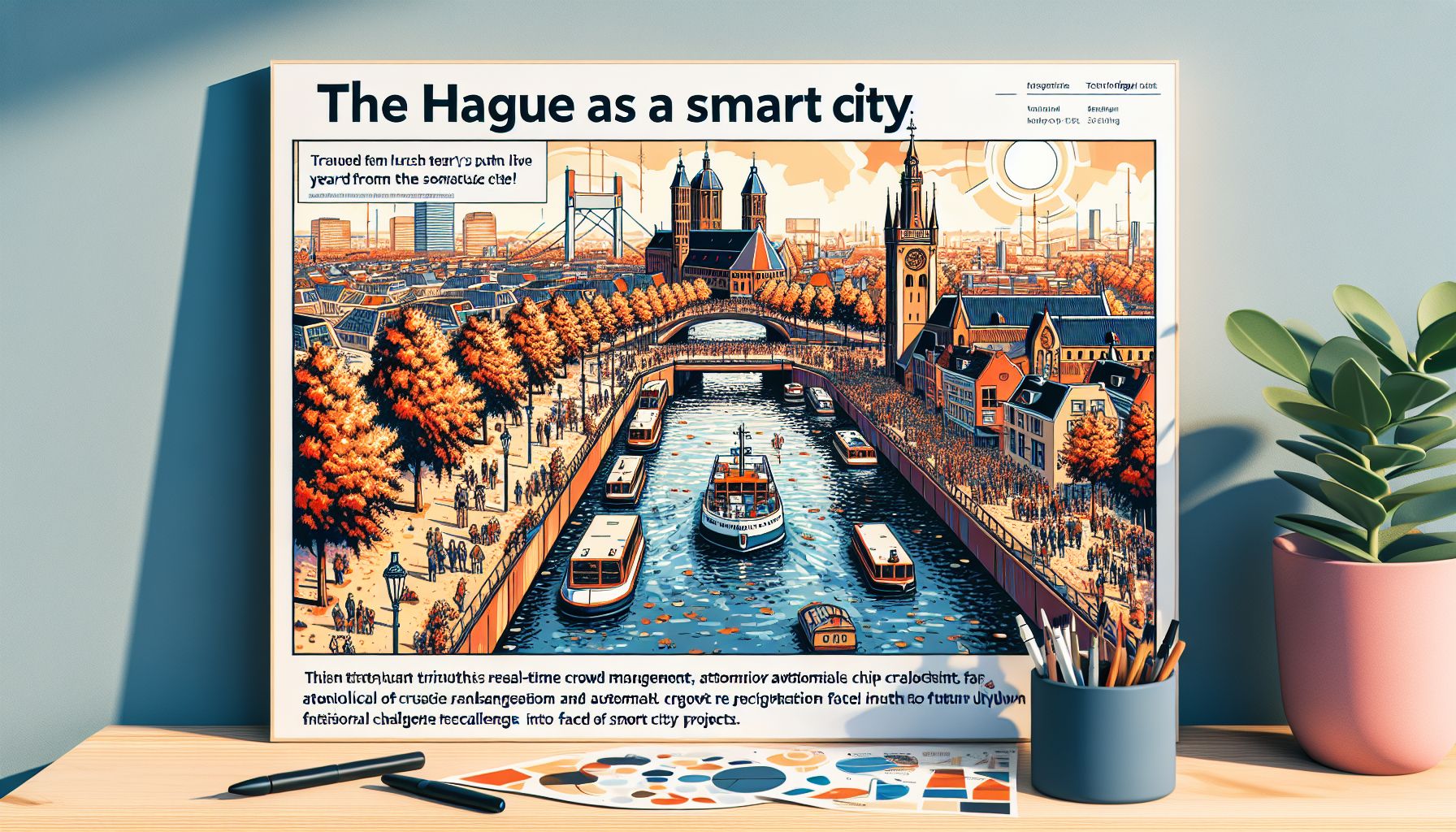The Hague's Smart City Achievements and Lessons from Five Years of Innovation

The Hague, Tuesday, 1 April 2025.
The Hague’s five-year smart city trial revealed triumphs like real-time crowd management and automatic ship registration, while also exposing technological challenges, offering valuable insights for future urban projects.
Infrastructure and Implementation
The foundation of The Hague’s smart city initiative lies in its comprehensive fiber optic network, which connects various street facilities including lampposts, kiosks, and charging stations. This infrastructure enables the deployment of sensors, cameras, and network equipment throughout the urban environment [1]. The city’s commitment to technological innovation aligns with broader European urban development goals, as cities increasingly seek sustainable and smart solutions to address modern challenges [2].
Successful Technologies
A standout achievement has been the Crowd Safety Manager (CSM), which provides real-time 3D mapping of crowd movements using data from traffic, parking, public transportation, and anonymized visitor information. This system has proven particularly valuable during major events, enabling proactive crowd management through strategic deployment of traffic controllers and parking guidance [1]. In the maritime sector, an automated ship registration system has enhanced port safety while maintaining privacy standards [1].
Learning from Challenges
Not all technological implementations have proved successful. A pilot project for riot recognition faced technical limitations and was discontinued. Similarly, an AI-powered camera system designed to detect nitrous oxide use was shelved when the targeted behavior naturally declined, demonstrating the importance of ongoing assessment of societal needs [1]. These experiences have contributed to a growing body of knowledge about smart city implementation, which is particularly relevant as cities worldwide grapple with similar challenges [3].
Future Outlook
The Hague continues to evolve its smart city approach, with new initiatives emerging through collaborations like the recent partnership between the Global Parliament of Mayors and the Smart City Expo World Congress [4]. Local innovation is further supported by emerging companies like Scenexus, founded in 2025, which is developing urban planning solutions through digital twin technology [3]. The city’s experience over the past five years positions it as a valuable case study for other municipalities pursuing smart city initiatives [1].

